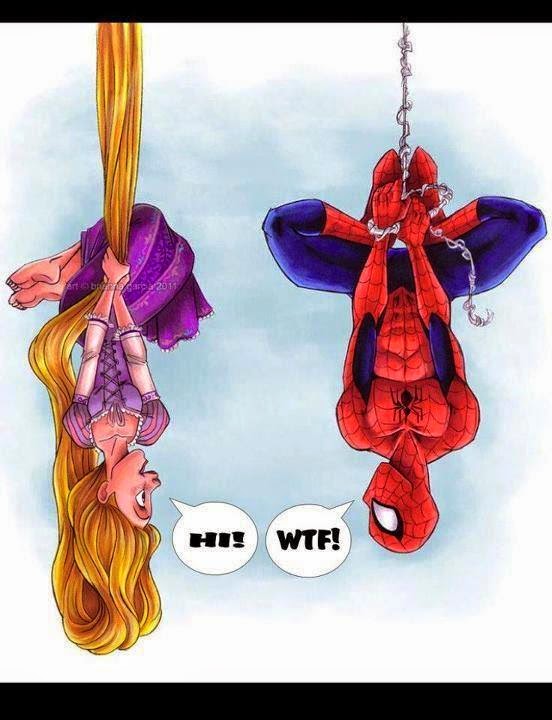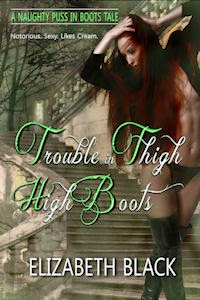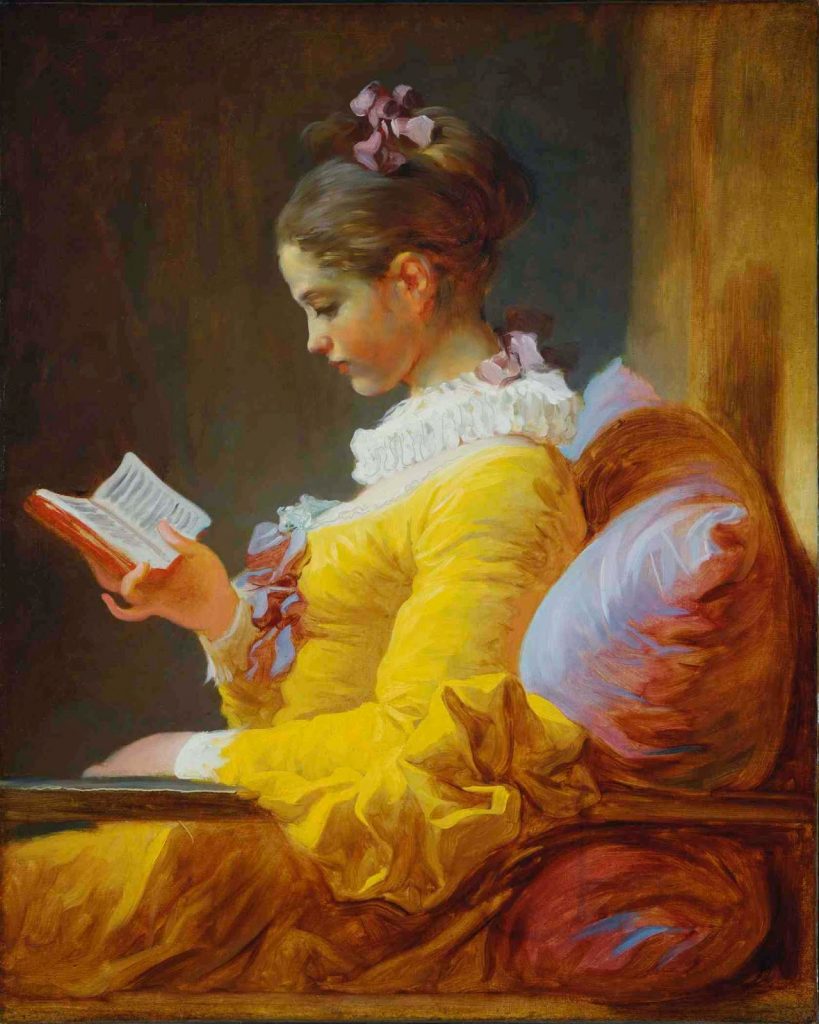Elizabeth Black writes in a wide variety of genres including erotica,
erotic romance, and dark fiction. She lives on the Massachusetts coast with her
husband, son, and four cats. Visit her web site, her Facebook page, and her Amazon Author Page.
—–
Writing is essentially a solitary activity. We are alone
with our thoughts. We research in solitude. The act of writing itself is done
alone, even if you collaborate with another author. Writing is also a very
stressful field to get into. Competition is fierce and rejections are a part of
the game. Some days a writer is on top of the world, and other days that same
writer is ready to toss the entire business across the room onto a wall and
watch it go “splat”.
There is a glut of erotica and romance out there now with
everyone and her aunt self-publishing. Kindle Unlimited also figures into the
problems since writers aren’t paid unless the reader reads a certain percentage
of a book. Because of the glut, there are piss poor books out there with the
cream of the crop. The problem is finding the cream. Many writers have seen
their earnings drop over the past few quarters.
Since writing is such a difficult field to get wrapped up
in, would it help to have a support system so that you don’t end up thinking
writing is nothing more than a soul-crushing fool’s errand? I think having a
support system does help a great deal, and it’s vitally necessary to keep a
writer plunging forward.
I’m fortunate in that I have a very supportive family. My
husband is my biggest cheerleader and my 25 year old son also supports me,
although he is much quieter about it. He told his friends I write “naughty
words” with a smile on his face. While I got my start writing erotic
fiction, I also write dark fiction, horror, and fantasy. My family supports me
all the way.
My parents and sister? Not so much. They really aren’t
interested. They never ask how my writing is going. That hurts quite a bit but
I’ve accepted it. However, if I didn’t have my husband and son’s support, I
don’t know what I’d do. I’d probably have given up a long time ago.
I also get support from the writers group I’m in. We meet
every Wednesday. Not only do I get critiques, I get friendship and moral
support. That all of us have writing in common is icing on the cake. I also
have friends who support me. They’re online because we live far from each
other, but the support is there.
I think writers need a support system. I can vent about the
business whenever I like and not told all I do is whine. I can write some
pretty smutty stuff without my support system going all Church Lady on me. I
can also write some pretty gruesome stuff without anyone clutching pearls and
dropping in a dead faint. The drive to write is so strong I pick myself up
after a pitfall, with the help of others.
What about you? Do you have a support system and how well
does it function for you?












